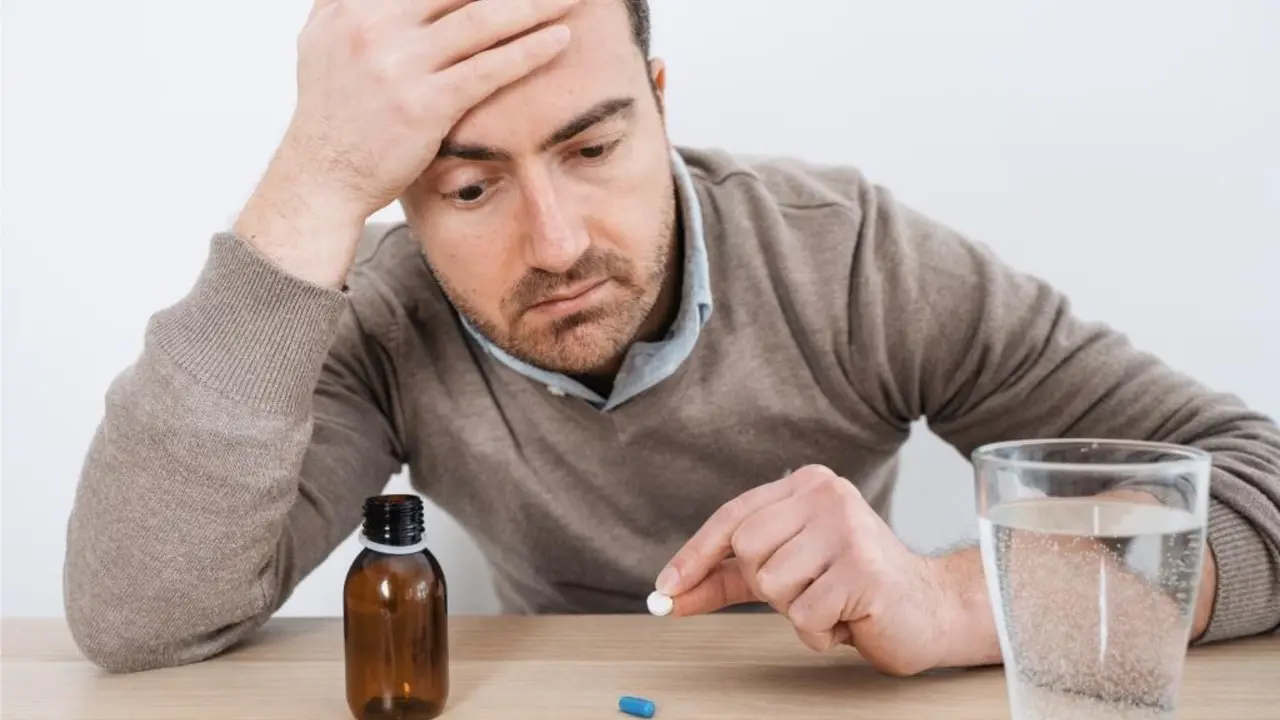Signs of Overdose – Spot Trouble Fast
Finding yourself in a possible overdose situation can be scary, but knowing the red flags can save a life. Most overdoses show up with clear physical clues, and catching them early means you can act before things get worse. Below we’ll walk through the most common signs and what to do the minute you see them.
Physical and Mental Warning Signs
First, look at breathing. Over‑breathing (hyperventilation) or very shallow breaths are both warning signs. You might also notice a sudden drop in heart rate or a rapid, erratic pulse. Skin changes are another giveaway – a pale, bluish, or clammy feel often means oxygen isn’t reaching the brain properly.
Mentally, the person may seem confused, disoriented, or unable to stay awake. Slurred speech, dizziness, or a glassy stare are common. Some overdoses cause a “pin‑point” pupil size, especially with opioids, while others may make pupils look unusually wide.
Other tell‑tale signs include vomiting, especially if it’s uncontrolled, and seizures. If the person collapses, is unresponsive, or can’t be roused even after shaking, treat it as an emergency right away.
What to Do Right Away
Call emergency services the moment you suspect an overdose. Give them the person’s age, what was taken (if you know), and any symptoms you see. While waiting, keep the person lying on their side – the recovery position helps keep the airway clear if they vomit.
If you have naloxone (Narcan) and the overdose is opioid‑related, follow the kit instructions and administer it immediately. One dose can reverse breathing problems long enough for help to arrive.
Don’t try to make the person drink water or eat anything. This can cause choking. If the person stops breathing, start CPR if you’re trained – chest compressions can keep blood flowing until paramedics get there.
After the crisis passes, take a moment to think about how the overdose happened. Was it a medication mix‑up, too high a dose, or mixing drugs with alcohol? Talking to a pharmacist or doctor can help you avoid future scares.
Keeping medicines locked away, using a pill organizer, and never sharing prescriptions are simple steps that cut down risk. If you or someone you know is struggling with substance use, reach out for professional help – many free resources exist.
Remember, spotting the signs early and acting fast makes all the difference. Trust your gut, call for help, and stay calm. Overdose isn’t something you have to face alone – emergency responders are trained to handle it, and you’re the first line of defense.

